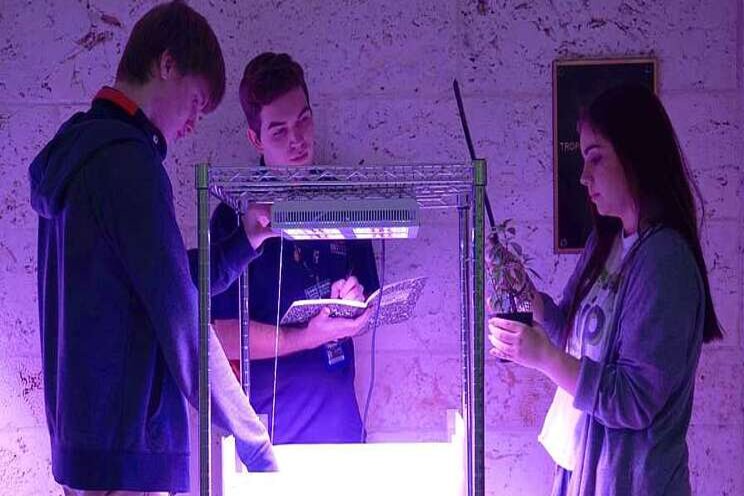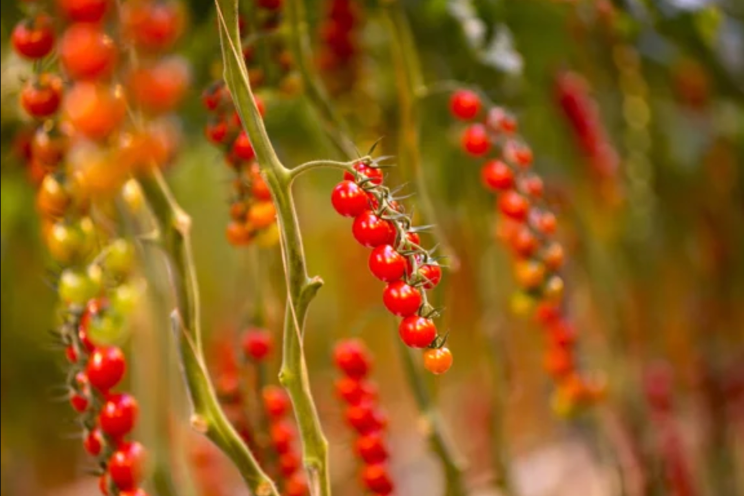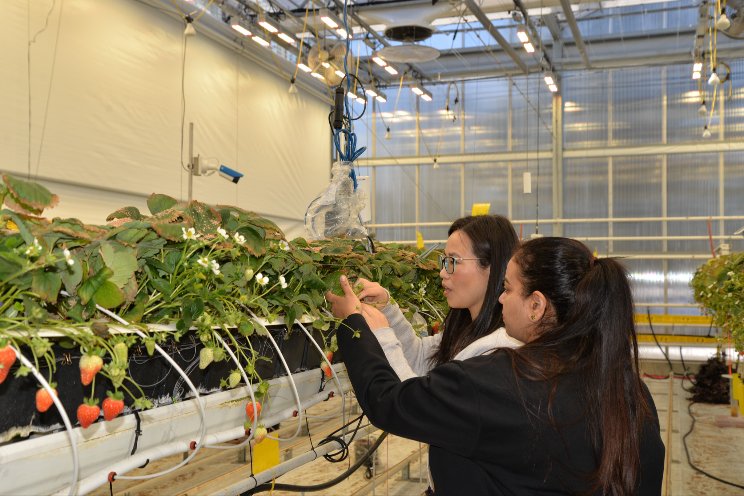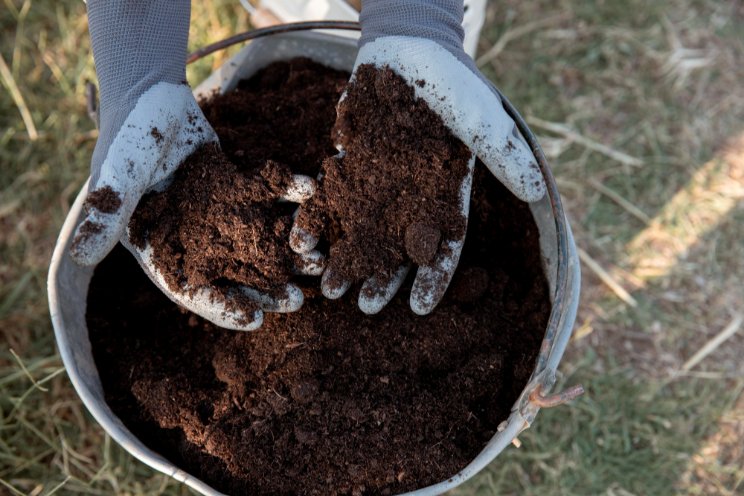Critical horticulture industry research
Added on 05 May 2020

The program has a mandate that its funds support work in five main areas:
- Improving crop characteristics through breeding, genetics, genomics, and other methods
- Identification and mitigation of threats from pests and diseases
- Improving producers' productivity, efficiency, and profitability.
- Research and development of new and innovative technology
- Developing methods to improve food safety
Why Is SCRI Important?
SCRI was created to ensure that specialty crops would have some funding available to address their specific critical needs. In general, research on specialty crops is often not funded as robustly as research on row crops. Crops that fall under the specialty crops umbrella are diverse and numerous, but do not represent large acreages (as row crops do). Collectively, they represent about one quarter the value of all U.S. agriculture, or roughly $60 billion.
This program has become a critical tool to advance research in environmental horticulture and an important means to help our industry succeed. Examples of SCRI-funded projects that benefit our stakeholders include management of rose rosette disease, lighting optimization in production, management of crape myrtle bark scale, and plant production that protects bees.
Projects are typically supported in the multi-million-dollar range over a multi-year period, often across multiple regions. A key feature of SCRI projects is that research teams must fully tackle the entirety of the problem, not just one or two facets. For example, in the case of a pollinator project, the research team cannot just encompass entomologists. Economists, outreach specialists, chemists, market analysts, survey specialists, etc. must all be included to fully address the issues.
How does AmericanHort Support SCRI?
We have involved from the beginning. USDA's NIFA mandates that all SCRI projects must support a valid industry need. To that end, NIFA built a review process that starts with a review by industry members. If a proposal is not prioritized through an Industry Relevance Review Panel, it is not invited for full consideration by the Scientific Merit Panel.
In addition to recruiting stakeholders as volunteer reviewers, Members of AmericanHort and the Horticultural Research Institute's team volunteer as reviewers themselves. Two members of AmericanHort's advocacy team frequently participate in the review process. Dr. Jill Calabro has twice served as the Industry Relevance Panel Manager and once as a Scientific Merit Panel reviewer. Craig Regelbrugge is often an Industry Relevance Panel reviewer as well. AmericanHort's Jennifer Gray, along with Jill and Craig, also supply letters of support for many of the projects that benefit environmental horticulture. Strong letters of support are key to a proposal's success.
NIFA stresses the importance of outreach in the SCRI program. If the industry does not know about the new information generated, the research is essentially meaningless. We also help on that end by frequently participating on advisory panels for funded projects relevant to environmental horticulture. Through this, we can learn new information in a timely manner and help share it with stakeholders.
We also lobby to ensure adequate funding of the SCRI program and address funding issues as they arise. Since passage of the 2018 Farm Bill, AmericanHort has tirelessly worked to fix an omission that threatened investment in SCRI's research.
While research programs like SCRI typically have requirements that researchers provide one-to-one matching funds for any federal investment, USDA's research programs have traditionally included the ability for the Secretary of Agriculture to waive these requirements where the research is in the public interest. While other research programs kept these waivers in the 2018 bill, the SCRI program did not. This omission threatened to direct much needed investments in research elsewhere.
AmericanHort made this a key issue of our Impact Washington Summit last year and, we're happy to report that the matching funds waiver was reinserted to ensure continued investment in the program. Visit AmericanHort.org for more information.
Source: Greenhouse Grower
Photo by Maureen Tan
Source: Greenhouse Grower
More news















